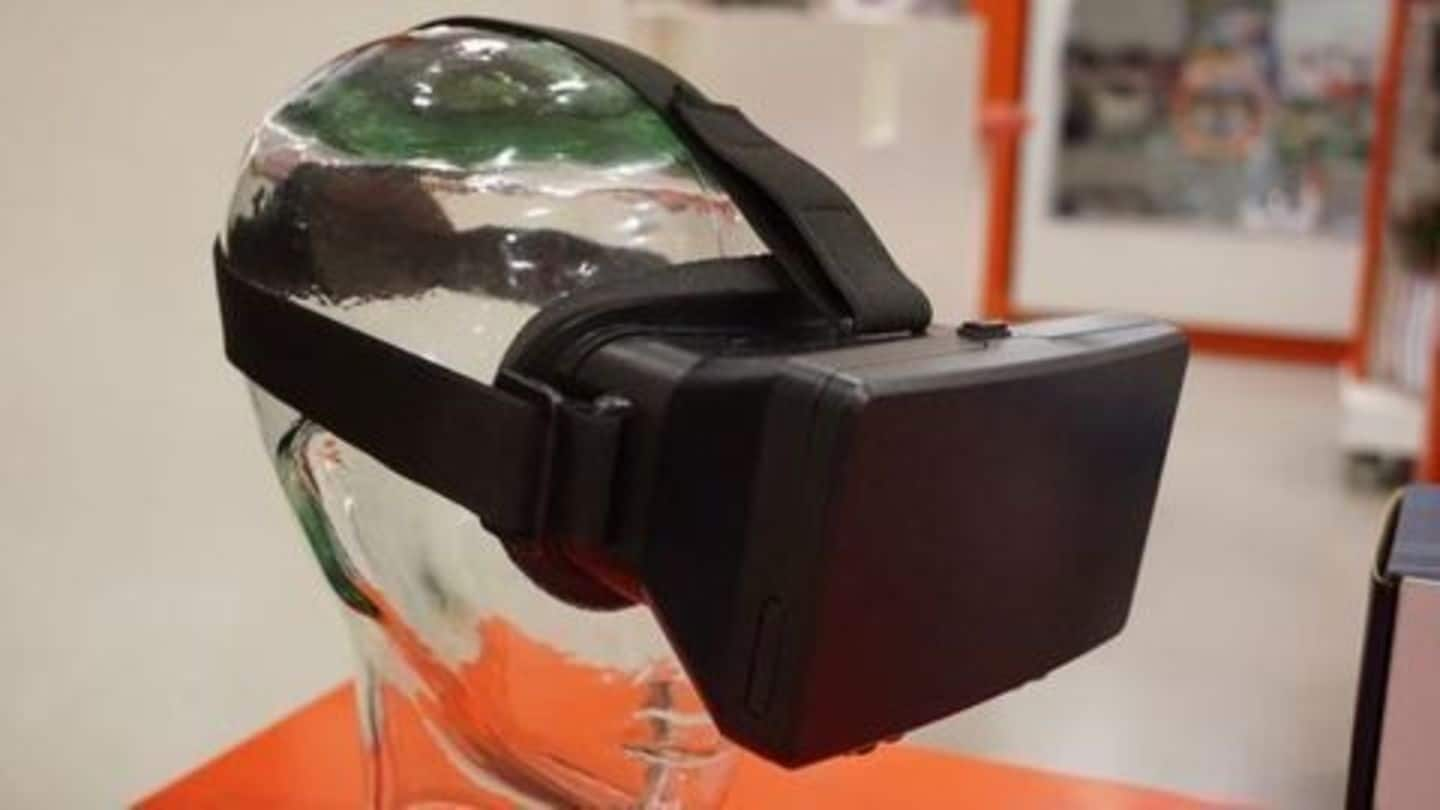
Virtual reality for educating prisoners
What's the story
Virtual reality and augmented reality technologies, already hot areas of interest in the gaming industry, are slowly percolating into other areas of life like school and college classrooms, museums and the like. Recent talk about VR has been centred around whether it could be implemented for rehabilitating and educating prisoners as real-time education and training can prove to be really expensive.
Data
The number of convicts rejoining society annually
In the US, approximately 650,000 convicts are released into society annually. Understandably, therefore, rehabilitation is a major concern insofar as it is needed to help convicts become normal functioning members of society.
VR education
Why VR is suitable for education and training?
VR offers users immersive 360 degree environments, which can be used for endless applications from gaming to career training using simulated real-life hazardous scenarios without any of the risk. With respect to prisoners, VR could be used to simulate a construction site or a kitchen at home or any such training scenario which would otherwise not be available to them.
VR for prisoners
Why VR could be specially useful to inmates?
Since VR relies on images and sounds rather than text, it could benefit prisoners who are low-level learners with language barriers and thus provide a wide range of learning activities which would otherwise be inaccessible by them. Furthermore, VR could also be used to provide individualized learning through virtual field trips and tours to museums, access to books and libraries and so on.
Mental health issues
Mental health treatment for prisoners through VR
VR technology has also been established as an effective way of treating mental health issues. It can be used to deliver cognitive behavioural therapy to prisoners to prevent them from developing negative and destructive thoughts. It could also be used to treat post-traumatic stress disorders (PTSD). VR technology has also been used successfully to treat anxiety, stress and phobias.
Data
Percentage of prisoners in the US with mental illnesses
56% of prisoners in US state prisons, and 64% of prisoners in US local prisons are reported to have a mental illness of some sort.